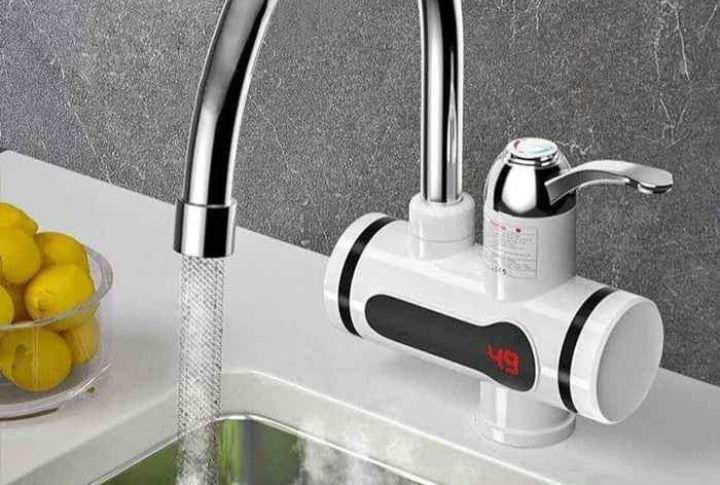
Tankless water heaters have become popular for their energy and space-saving design. However, with popularity comes misconceptions and myths that can cloud consumers’ judgment when considering this innovative technology. Let’s debunk 15 common myths surrounding these convectors, shedding light on the truth behind these often misunderstood appliances.
Expensive to install

Contrary to popular belief, tankless water heaters can be cost-effective in the long run due to their energy efficiency and longevity. The installation price also varies depending on materials and brands used, but thanks to the modernization of production, the costs are less expensive than many might think.
Provides instant hot water

While they heat water faster than their counterparts, it may take a few seconds for hot water to reach your faucet or shower due to the distance from the heater.
Requires frequent maintenance

Unsurprisingly, they require minimal maintenance compared to traditional tank heaters. This is because their structure doesn’t allow them to store water and are less prone to corrosion and sediment buildup.
Can’t handle high demand

Modern tankless water heaters are designed to meet the hot water demands of large households. This means the system keeps providing a continuous hot water supply even during peak usage.
Less reliable than traditional tank heaters

On the contrary, these convectors often have more extended warranties and a lower risk of leaks or ruptures than traditional tank heaters. This means you are more secure in case of problems if they arise, which rarely occur in the first place.
Wastes water
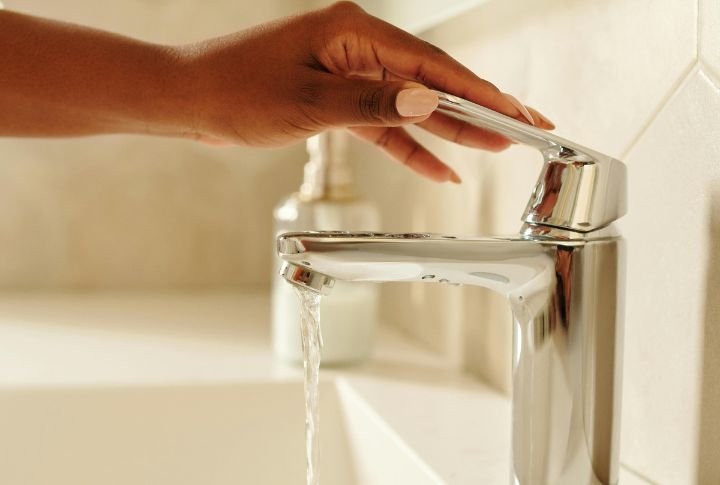
While it’s true that tankless water heaters may have a slightly longer wait time for hot water to reach the tap, they waste less water overall compared to traditional tank heaters, which can lose heat as water sits in the tank.
Requires a lot of space
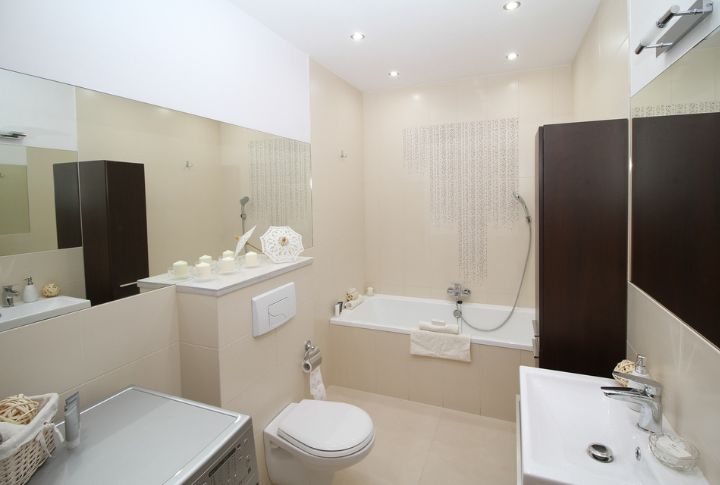
Compared to their alternatives, these heaters are smaller than traditional tank heaters. Their design makes them ideal for homes with limited space or tricky locations requiring finesse during setup.
Can’t be installed outdoors

These appliances are designed for outdoor installation, thus providing flexibility and convenience for homeowners who prefer to save indoor space. Additionally, this makes them more accessible during repair and maintenance.
Installation in cold climates

While tankless water heaters may require additional insulation or a higher capacity to handle colder climates, they can still provide efficient hot water in cold weather conditions. So, it all comes down to skill and quality.
Only suitable for small households

Like any other water heater system, these convectors come in various sizes and capacities to accommodate the hot water needs of small and large households, making them a versatile option for any home.
Increase energy consumption
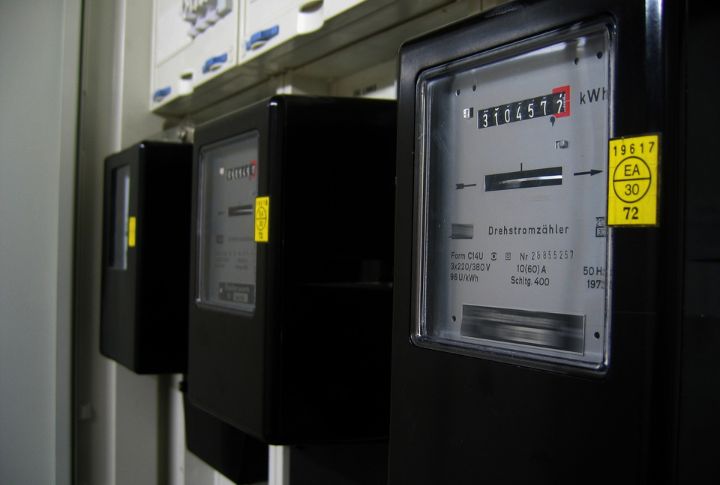
Tankless water heaters only heat water when needed, reducing standby heat loss. In the long run, this makes them better when considering efficiency and cost-effectiveness.
Produces loud noise

While some older models may produce noise during operation, modern units are designed to operate quietly and efficiently. Therefore, look into your preferred model before purchasing, lest you get the noisy, outdated one.
Difficult to install
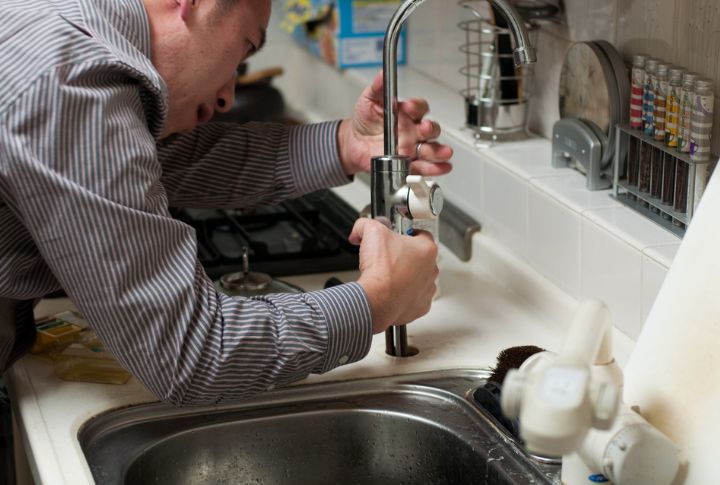
While installation may require expertise, professionals can complete the process quickly and efficiently, ensuring optimal performance and safety. Additionally, getting said experts is easier than ever as their popularity has seen a steady increase over the years.
Don’t last long
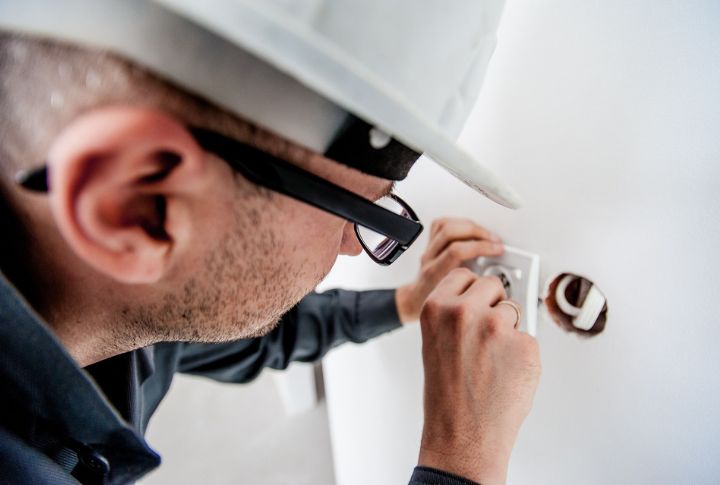
These heaters often have a longer lifespan than conventional tank heaters, with some models lasting up to 20 years or more with proper maintenance. Moreover, spare parts are readily available, meaning you can extend their lifespan for an extra decade.
Don’t provide consistent hot water
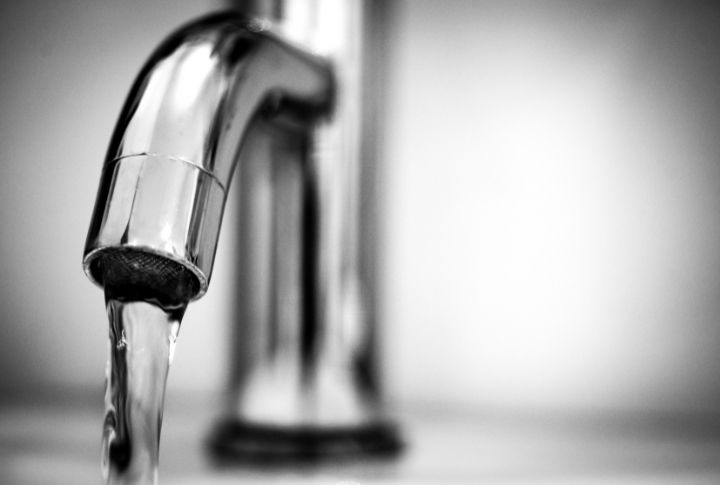
Advanced technology and features such as modulating burners and temperature sensors can deliver a steady and consistent hot water supply to meet your needs. Remember, they provide hot water when needed, meaning their efficiency rates are high.


Comments
Loading…